If we have in mind starting a diet or if we want to take care of our weight, food is essential and we must be very careful with it.
It is not necessary to resort to pills or medicines. We have everything we need to lose weight naturally in our fridge.
When it comes to losing weight and establishing a diet we always think of foods low in fat, carbohydrates and sugars, but sometimes it escapes us that liquids are equally or more important to lower the numbers of the scale.
In other words, no matter how healthy our food is, if we accompany it with highly sugary or processed drinks, our effort will end up being useless.
It is not necessary to settle for just water, there are a large number of great-tasting drinks that have excellent benefits for health and for our goal of losing weight.
We remind you that it is essential to perform physical activities to keep yourself in the best possible shape, and this will also help you lose weight faster.
Here are some of the drinks that should be in your diet:
Lemon Water
In addition to being low in calories and delicious, lemon water has several benefits that can help you achieve your weight loss goals.
A study published in the Journal of Clinical Biochemistry and Nutrition found that drinking lemon water regularly can help reduce body mass index (BMI) and body fat in overweight people. Also, lemon water contains citric acid, which can help speed up your metabolism and burn more calories.
To enjoy the benefits of lemon water, it is recommended to add the juice of half a lemon to a glass of warm water and drink it in the morning on an empty stomach. You can also add some fresh lemon slices and some mint for a refreshing touch.
Although lemon water is generally safe for most people, there are some contraindications to be aware of. For example, citric acid can be harmful to tooth enamel, so be sure to rinse your mouth with water after drinking it. Also, if you have problems with acid reflux or stomach ulcers, you may want to avoid drinking lemon water as it can irritate your stomach.
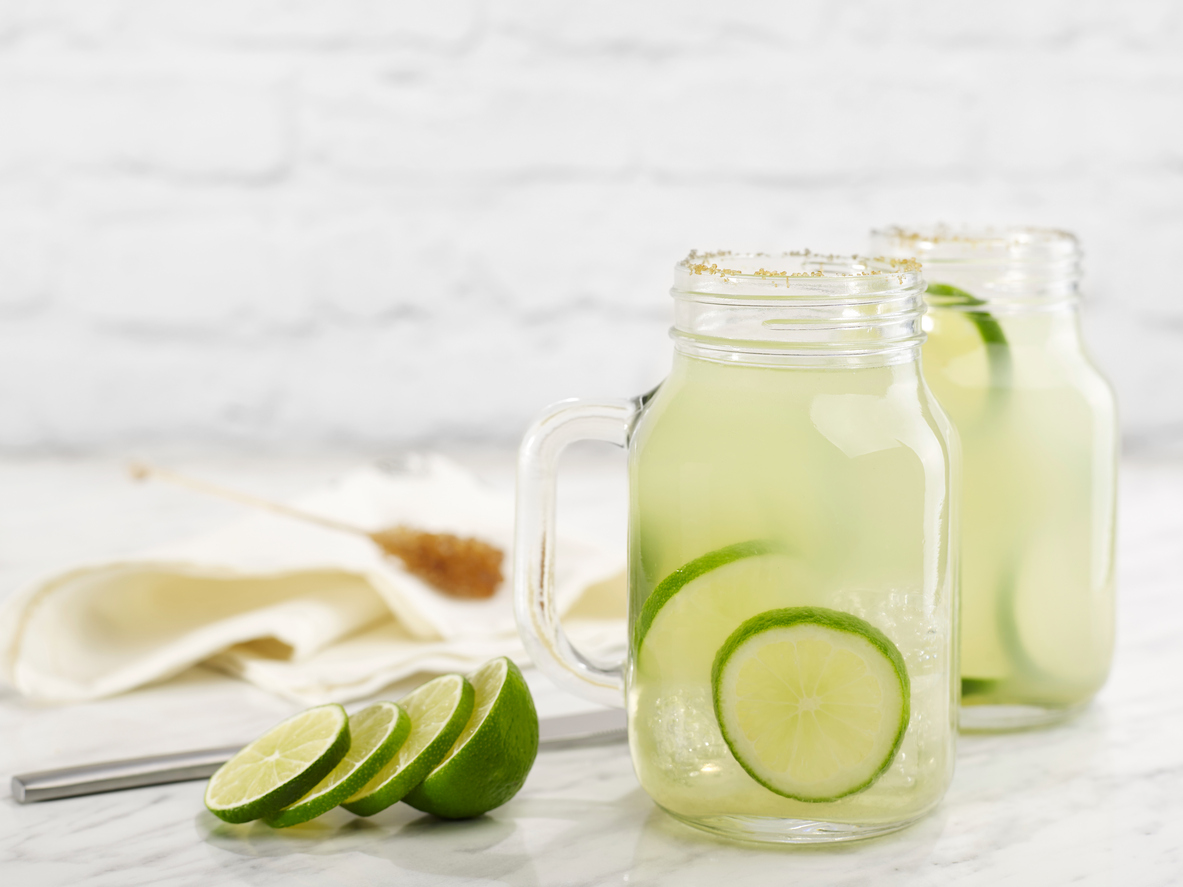
Tooibos tea
Rooibos tea is low-calorie and caffeine-free, making it an excellent choice if you're trying to reduce your calorie intake and avoid caffeine. Additionally, rooibos tea contains antioxidants that can help reduce inflammation in the body and improve heart health.
A study published in the Journal of Nutrition found that rooibos tea can help reduce fat accumulation in the body and improve glucose metabolism. This means that it can help reduce belly fat and control blood sugar levels.
To get the benefits of rooibos tea, it is recommended to drink 2 to 3 cups a day. You can have it hot or cold and add a teaspoon of honey or lemon to it for additional flavor.
However, keep in mind that rooibos tea can interact with certain medications, so it's important to talk to your doctor before including it in your diet if you're taking any medications.
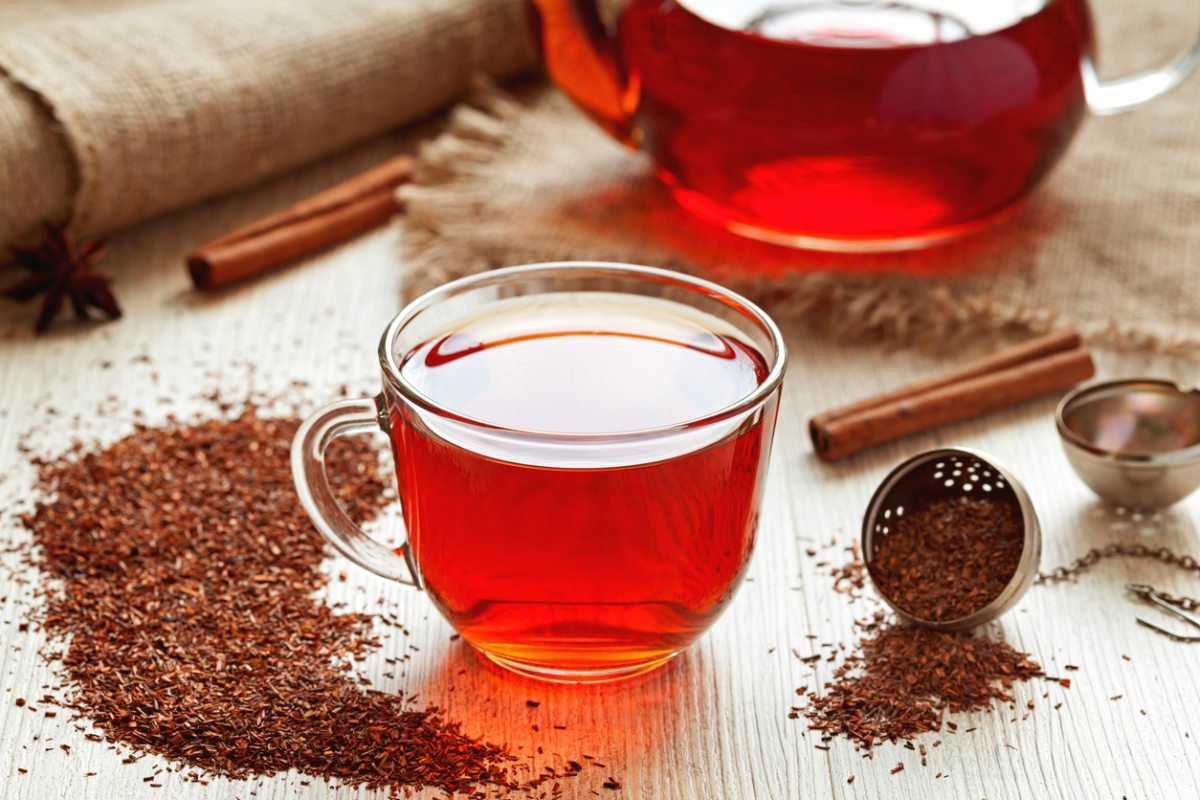
Cherry juice
Cherry juice is rich in antioxidants that can help fight inflammation in the body and improve overall health. Additionally, several studies have suggested that drinking cherry juice may help reduce body fat and improve overall body composition.
One study in particular found that drinking cherry juice for 12 weeks resulted in a significant reduction in body fat, especially in the abdomen region. Another study showed that drinking cherry juice before exercising can increase fat burning during training.
The recommended amount of cherry juice to drink per day is around 2 cups (480 ml) per day, although it is always important to consult a health professional if you have any specific concerns or if you are taking any medications that may interact with the cherry juice.
It's important to note that cherry juice can be high in calories and sugar, so it's important to watch your intake and choose low-sugar options or dilute the juice with water to reduce calories.
Also, if you are allergic to cherries or have a history of kidney problems, you should talk to your doctor before adding cherry juice to your diet.
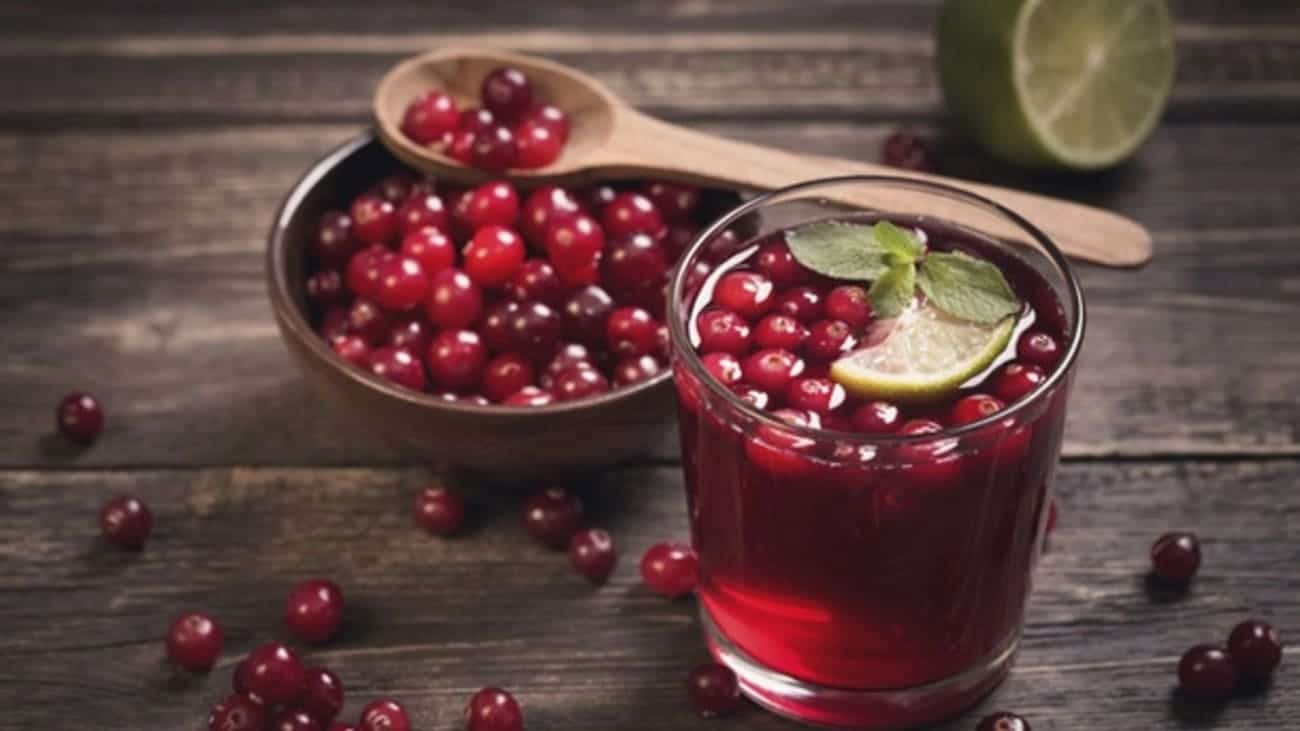
Watermelon water
Watermelon is a fruit that is very low in calories and rich in nutrients such as lycopene, vitamin C and citrulline. In addition, watermelon water is a natural, low-calorie drink that can help you stay hydrated and reduce calorie intake.
According to some studies, drinking watermelon water can help reduce abdominal fat and improve the function of the cardiovascular system. It has also been shown that the citrulline present in watermelon can help reduce feelings of hunger and improve recovery after physical exercise.
To prepare the watermelon water, simply cut the watermelon into small pieces and mix it with water in a blender. You can sweeten it with a little honey if you wish. It is recommended to drink between 1 and 2 glasses a day to get its benefits.
However, keep in mind that excessive consumption of watermelon water can cause diarrhea due to its high fiber and water content. Also, if you have kidney problems, it's important to talk to your doctor before consuming large amounts of watermelon or watermelon water, as it can increase the workload on the kidneys.
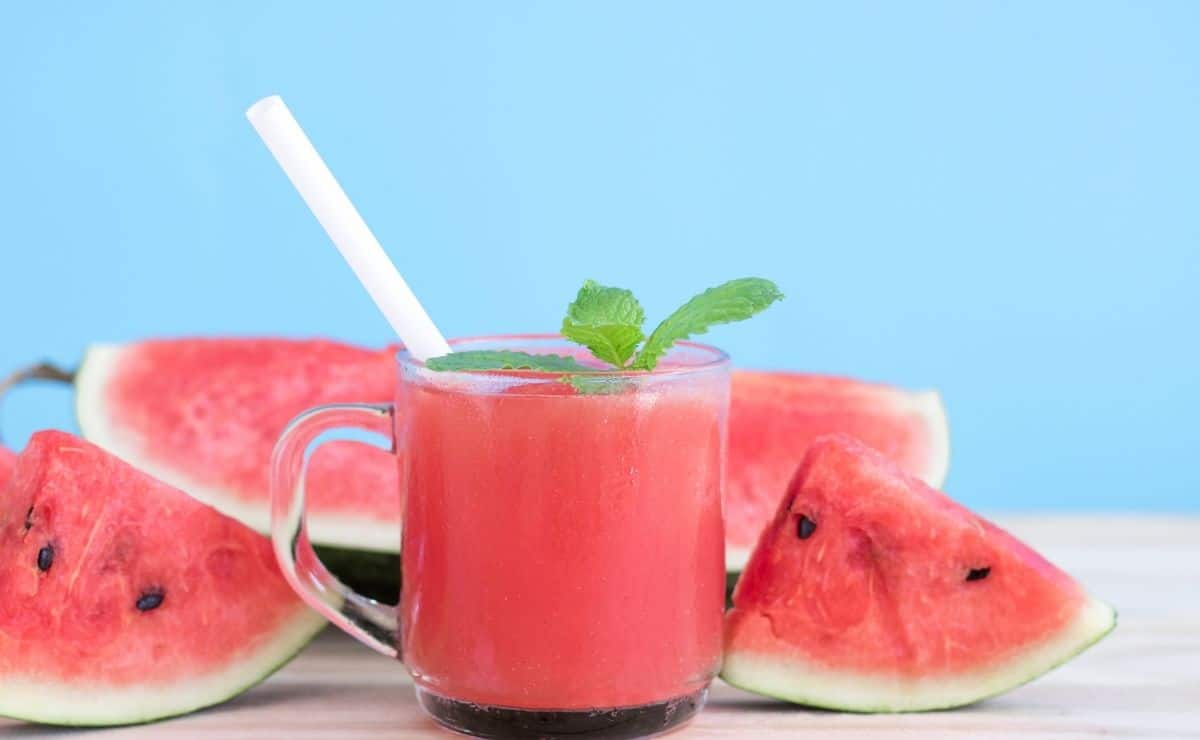
Papaya juice
In addition to being low in calories, this juice offers a number of health benefits that can help you achieve your weight loss goals.
A study conducted in mice found that consuming papaya juice can reduce fat storage and improve insulin sensitivity, which may help prevent obesity and type 2 diabetes.
Another human study found that consuming papaya juice before a meal reduced calorie intake by 10%, which could help you control your appetite and reduce the number of calories you eat. you consume.
Papaya juice is also high in fiber, which can help you feel fuller for longer and reduce food cravings. Plus, it contains an enzyme called papain, which helps break down protein and makes digestion easier.
Excessive consumption of papaya juice can lead to diarrhea and upset stomach in some people. Also, if you are allergic to papaya, you should avoid papaya juice or any products that contain this fruit.
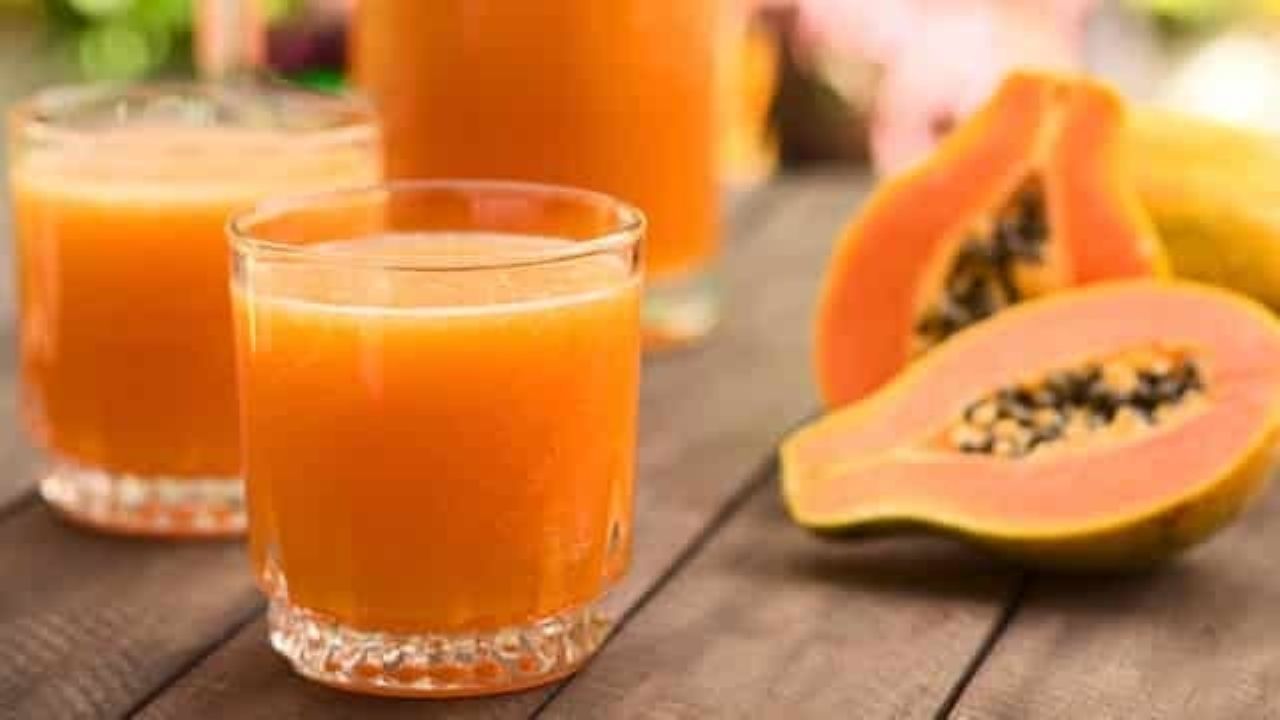
Grapefruit juice
A study published in the Journal of Medicinal Food found that drinking grapefruit juice before meals can help reduce calorie intake and promote weight loss.
Additionally, another study published in Nutrition and Metabolism found that grapefruit juice may help improve glucose metabolism and reduce insulin resistance, which may be beneficial for those with diabetes or prediabetes.
It is recommended to drink up to 350 milliliters of grapefruit juice daily to reap the weight loss benefits. However, you should be aware that grapefruit juice can interact with certain medications, including some blood pressure and cholesterol medications. Therefore, if you are taking any medication, it is important to consult your doctor before consuming grapefruit juice regularly.
Another important thing to keep in mind is that grapefruit juice can be acidic and can irritate the stomach or worsen the symptoms of gastroesophageal reflux disease (GERD) in some people. If you experience any stomach upset after drinking grapefruit juice, you may need to reduce the amount you consume or avoid it altogether.
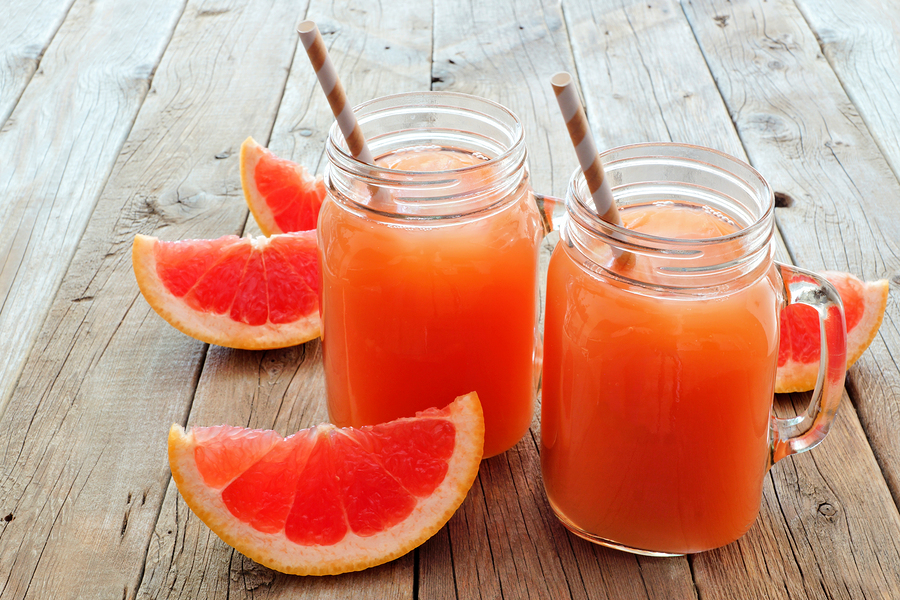
Coconut water
Coconut water is a drink that is low in calories and rich in nutrients such as potassium, magnesium, sodium, and calcium. Plus, it contains antioxidants that can help protect your body from free radicals and prevent disease.
Studies suggest that coconut water can help loss weight due to its fiber content and low glycemic index. The fiber helps keep you full longer, meaning you're less likely to overeat, while the low glycemic index helps keep your blood sugar levels stable, preventing cravings for sugary foods.
It is recommended to drink 1-2 glasses of coconut water daily, which is equivalent to around 240-480ml. It's important to note that coconut water also contains sodium, which can be problematic for people with high blood pressure or kidney problems. Therefore, if you have any health concerns, it is best to consult with a health professional before adding coconut water to your diet.
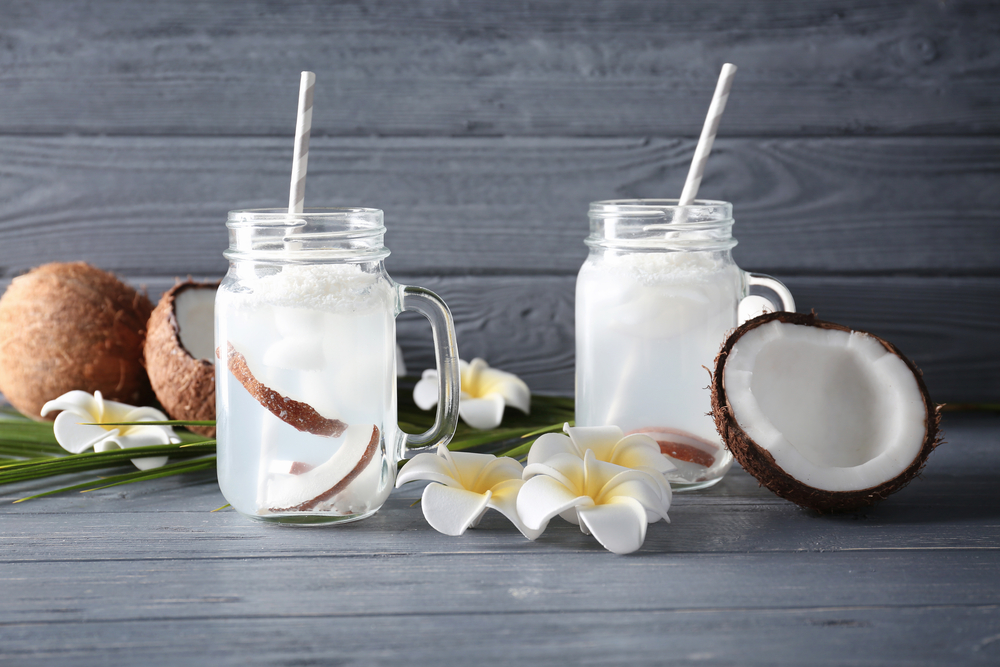
Oat milk
This plant-based drink is low in calories and saturated fat, making it an excellent choice for those looking to reduce their fat and calorie intake.
Additionally, oat milk is high in fiber, which can help you feel more satisfied after consuming it and reduce your appetite throughout the day. This can be helpful if you're trying to control your food intake and keep your diet in a healthy calorie range.
A study published in the journal Nutrients in 2019 found that consuming oat milk may help lower LDL cholesterol (also known as "bad cholesterol") levels in people who are overweight or obese. This can be beneficial for long-term cardiovascular health.
In general, it is recommended to consume about a cup (240 ml) of oat milk per day.
It is important to note that oat milk may not be suitable for everyone. If you have an allergy or intolerance to gluten or oats, you should avoid oat milk.
Also, some commercial brands of oat milk may contain additives or added sugars, so read labels carefully before purchasing.
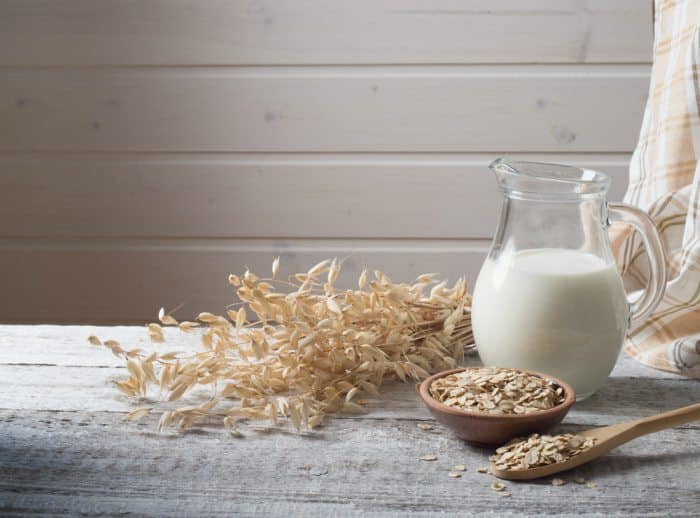
Ginger tea
Ginger tea is a drink that has been used for centuries as a natural remedy for a variety of ailments and may also be beneficial for weight loss.
Several studies have shown that ginger can increase metabolism, which can lead to increased calorie burning and therefore aid in weight loss. Ginger has also been shown to have appetite suppressant effects, which can reduce the amount of food eaten throughout the day.
To get the benefits of ginger tea for weight loss, it is recommended to drink it several times a day, preferably before main meals. A recommended amount can be 2-3 cups a day, however, it is important to note that excess ginger can have side effects, such as nausea and heartburn.
Ginger tea is not recommended for pregnant women, as it can cause uterine contractions. It should also be avoided by people with blood clotting problems and those taking certain medications, such as anticoagulants and antiplatelets.
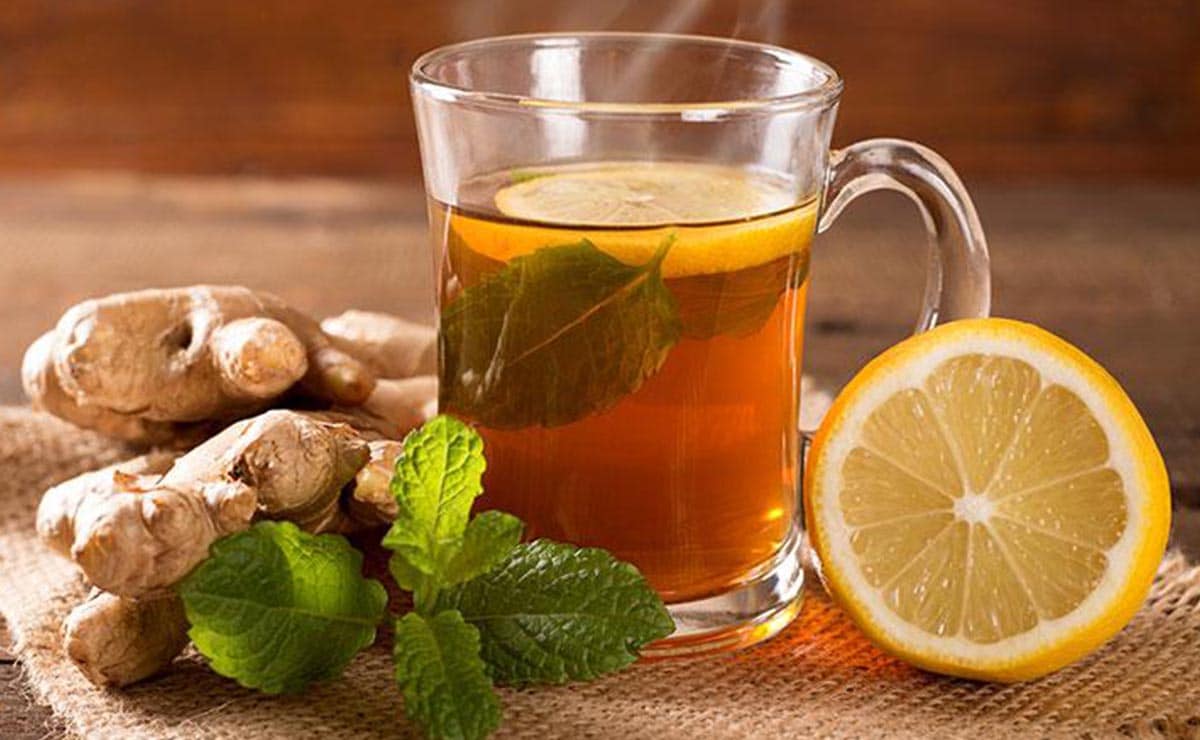
Green Tea
Green tea is known for its antioxidant properties, but did you know that it can also help you lose weight? According to several studies, green tea contains catechins, which are antioxidant compounds that can increase the metabolic rate and burn fat in the body.
Green tea consumption has been shown to improve fat oxidation and reduce fat absorption in the body. Additionally, green tea can help reduce inflammation and improve cardiovascular health.
To get the benefits of green tea for weight loss, it is recommended to drink 3 to 4 cups a day. It is important to note that green tea contains caffeine, so e If you are sensitive to caffeine, you may want to limit your intake or opt for a decaf variety.
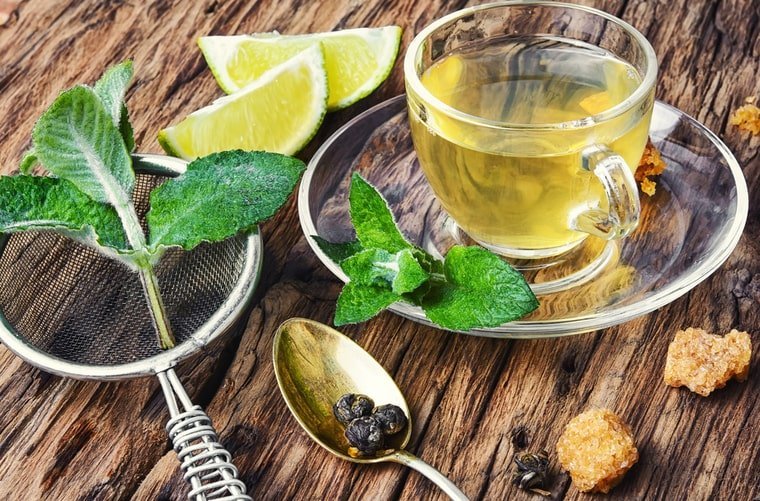
Hibiscus water
Is a popular drink that can help you lose weight in a healthy way. This drink is made from the dried calyxes of the hibiscus flower, and has a slightly acidic and sweet-sour taste.
One of the main benefits of hibiscus water is its ability to help control weight. One study found that drinking hibiscus water regularly can help reduce abdominal fat and improve lipid profiles in people who are overweight or obese. Additionally, hibiscus tea can also help lower blood cholesterol levels and improve heart health.
It is recommended to drink 2 to 3 cups of hibiscus water a day to take advantage of its health benefits and lose weight. It is important to note that hibiscus water can interact with certain medications, such as oral contraceptives and diuretics, so it is important to consult with a doctor before consuming it regularly.
Also, it's important not to add large amounts of sugar or artificial sweeteners to agua de hibiscus, as this can increase the caloric content and negatively affect its weight loss benefits. Instead, it is recommended to sweeten it with a small amount of honey or natural stevia if desired.
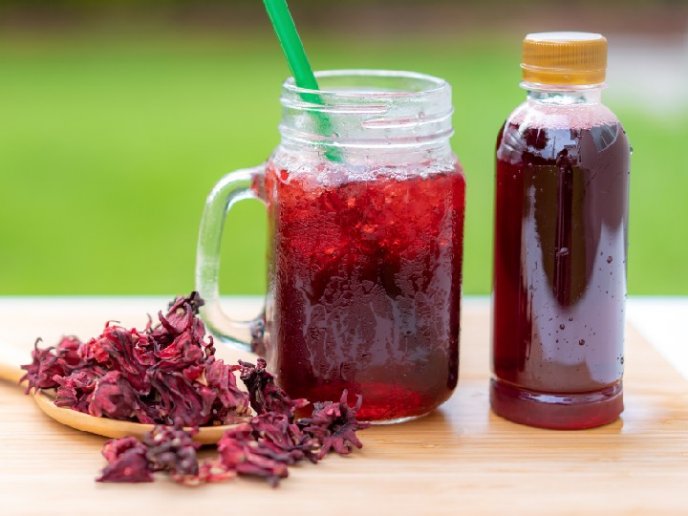
Do you like some of these drinks? Do you think we missed any? Give your opinion and write what you think in the comments.
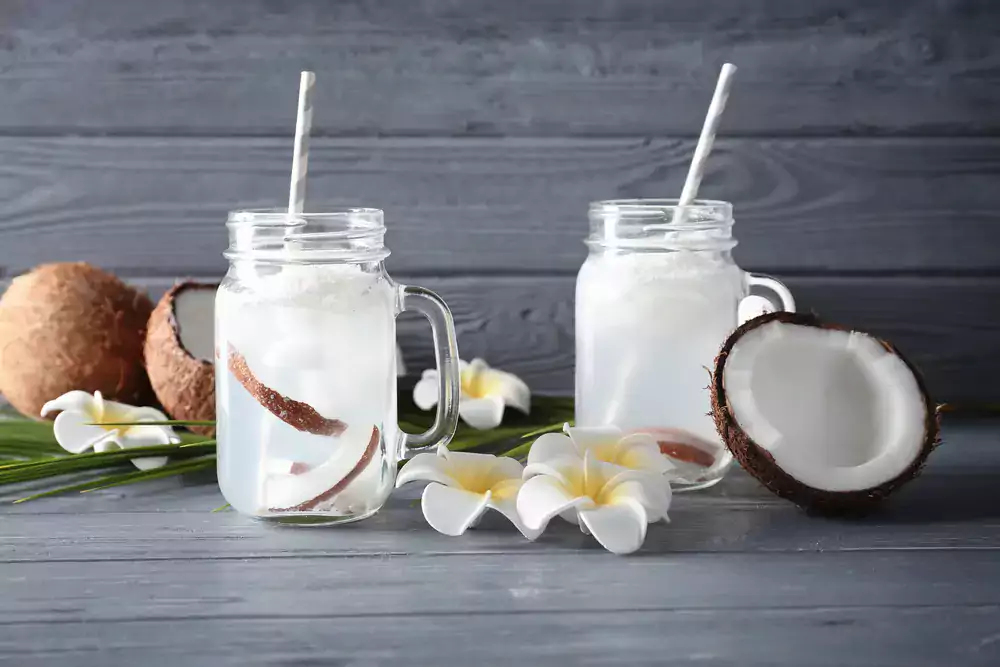

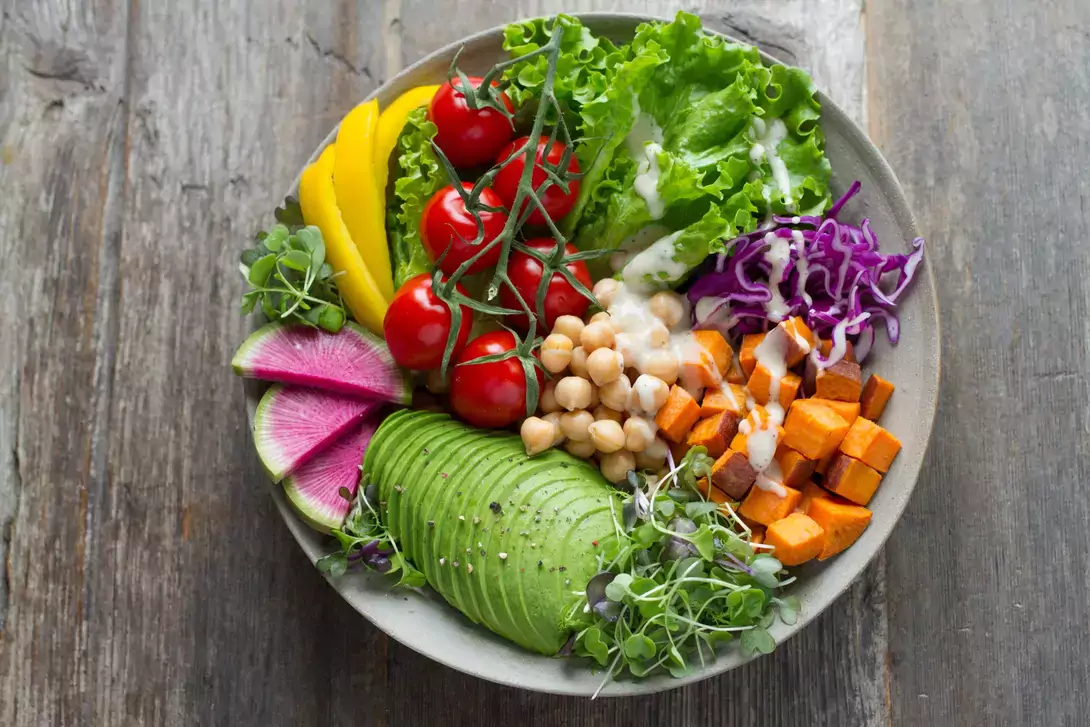
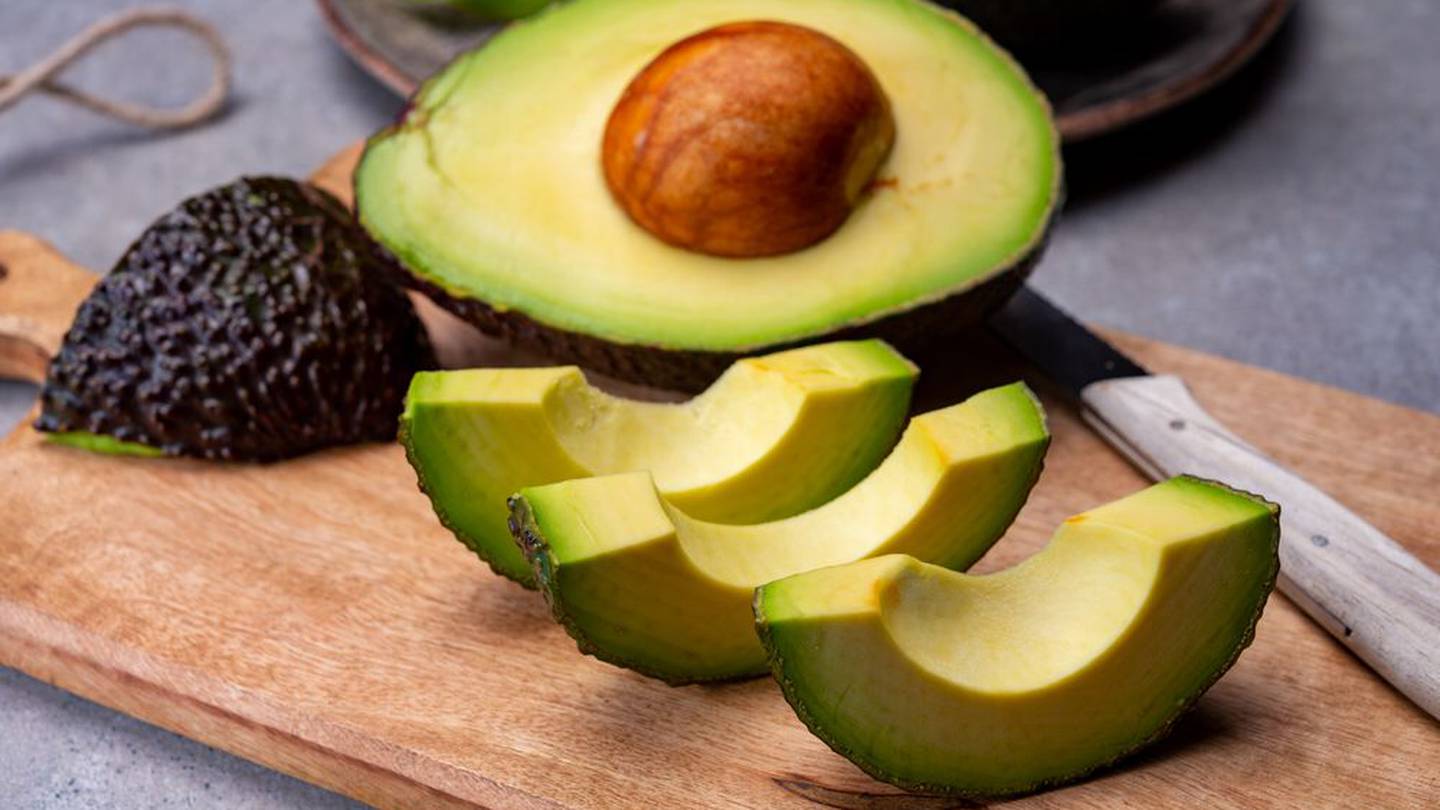
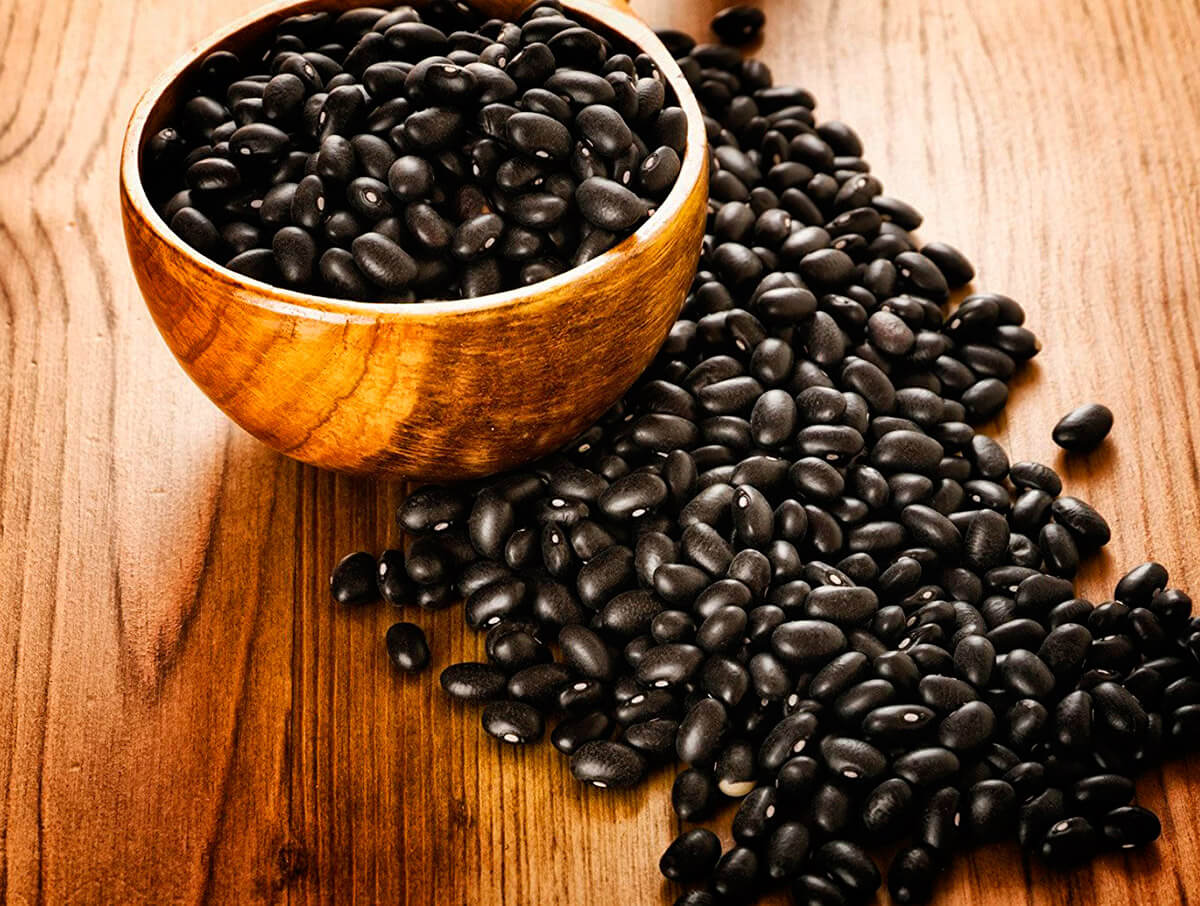

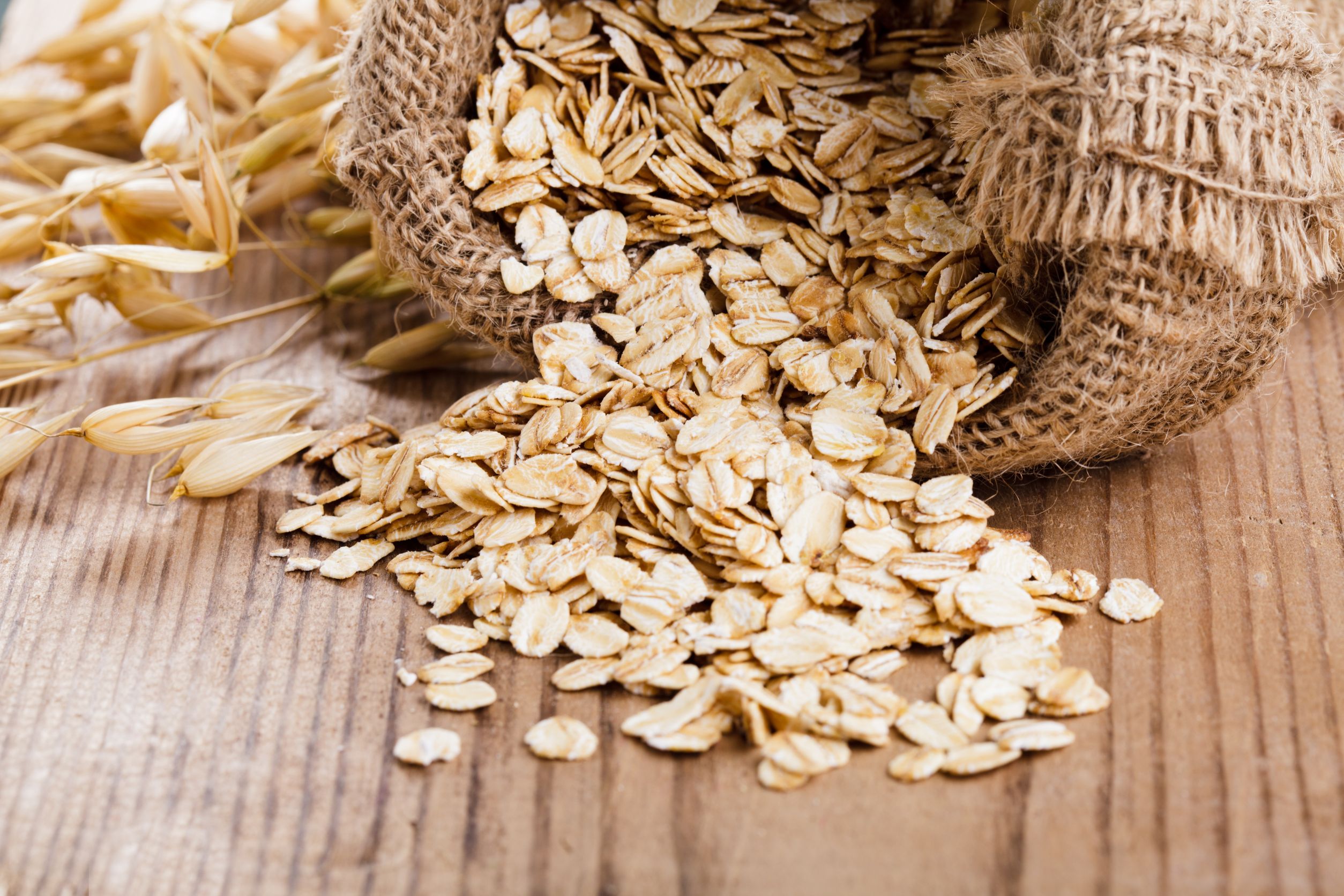
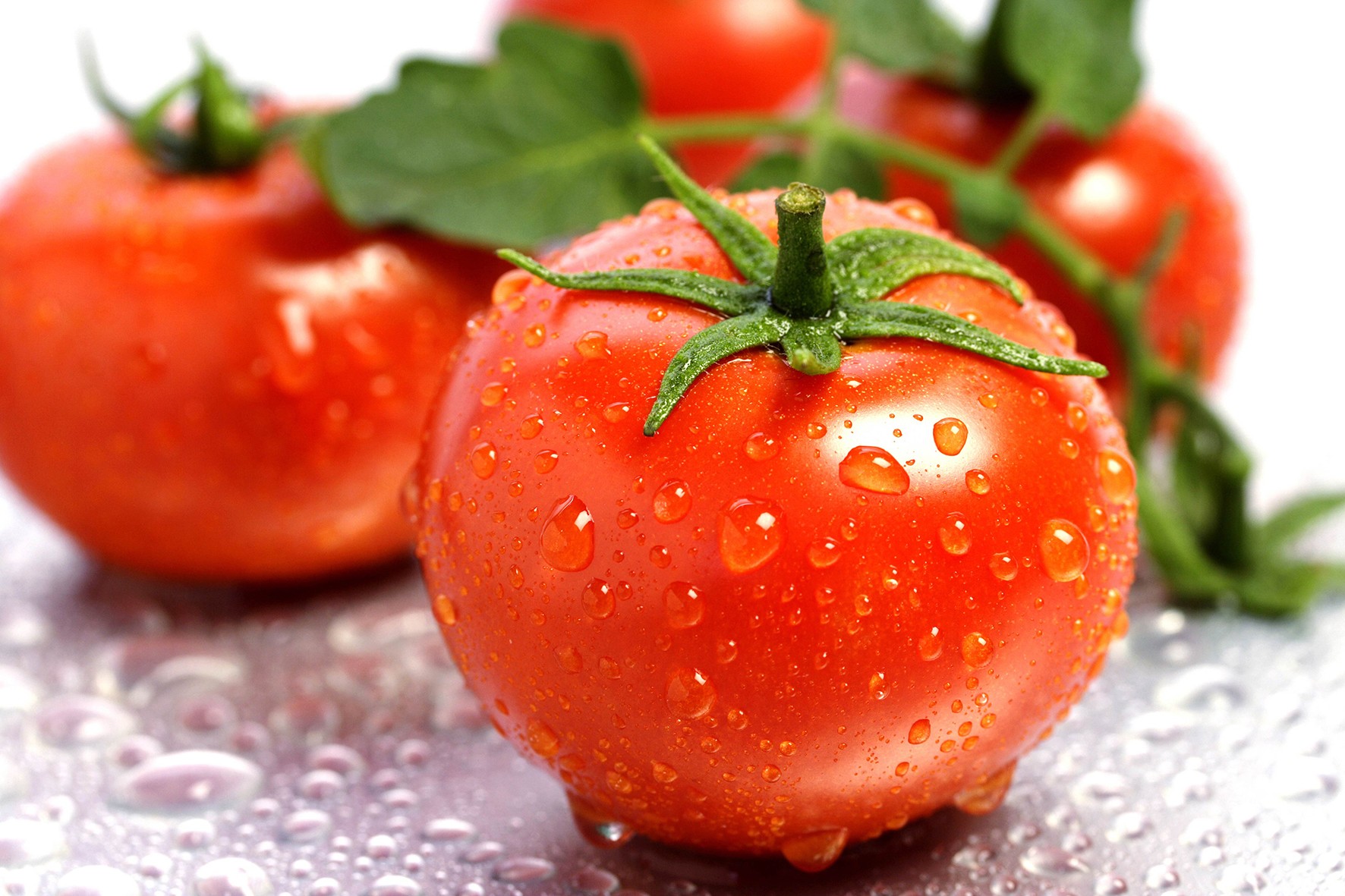
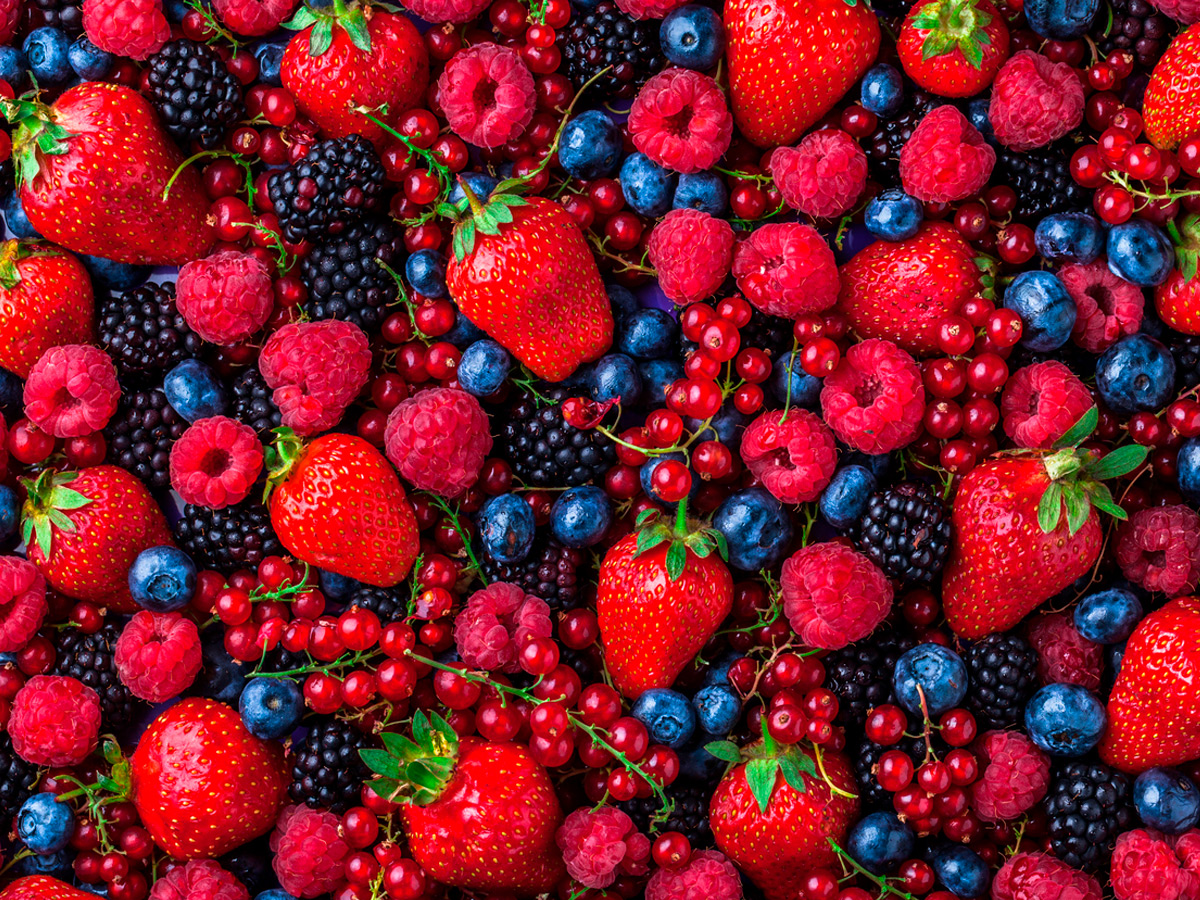
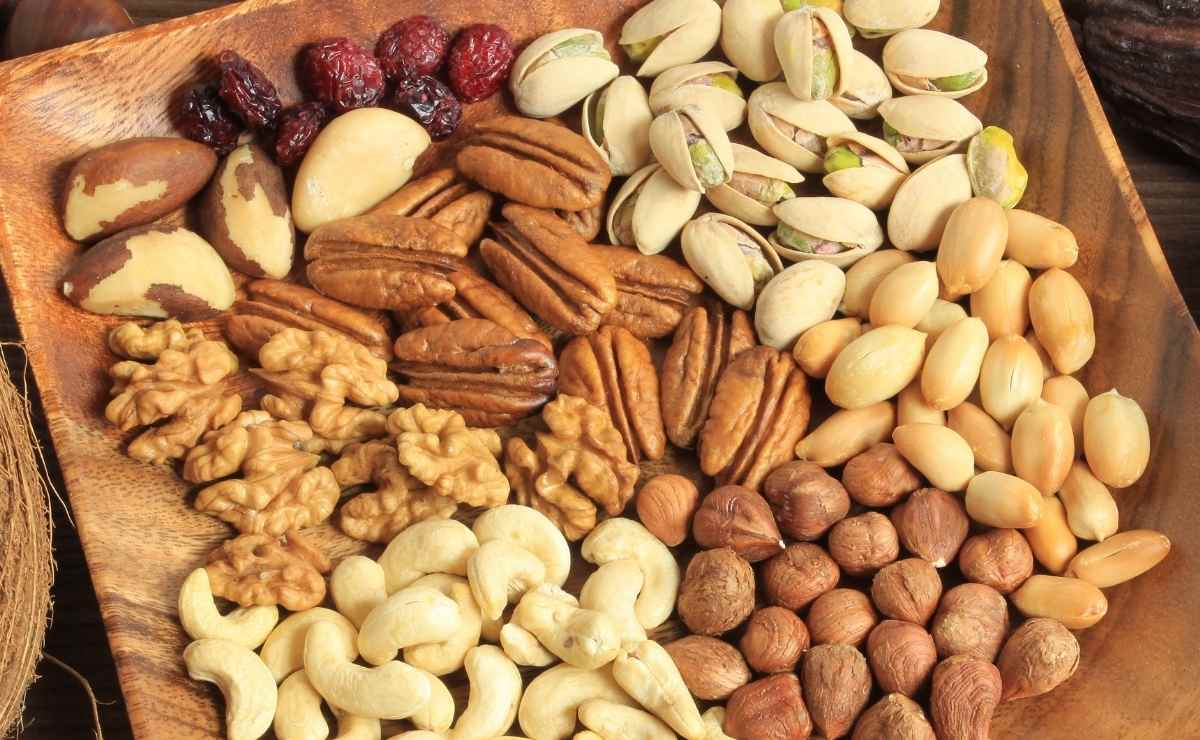

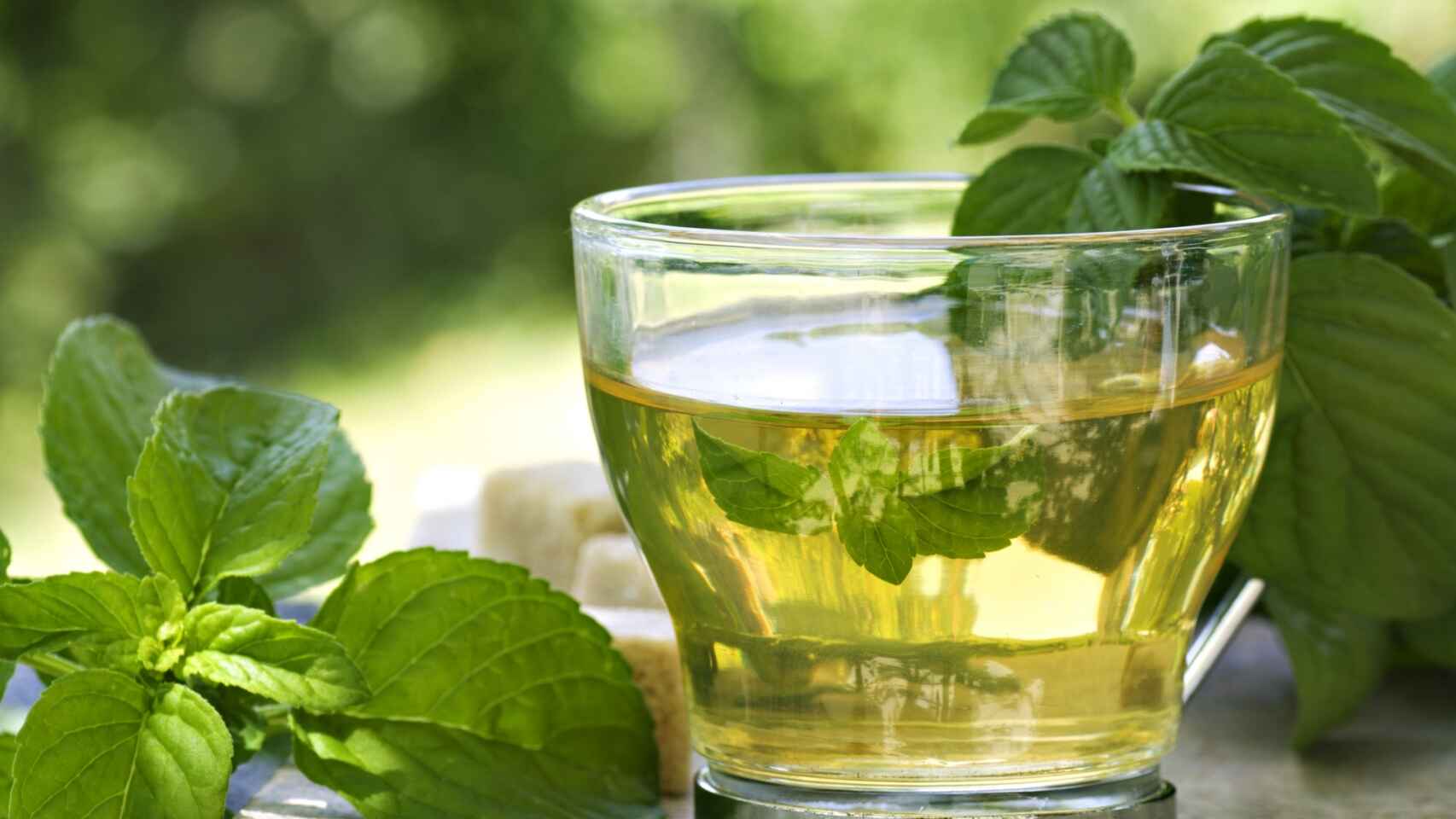
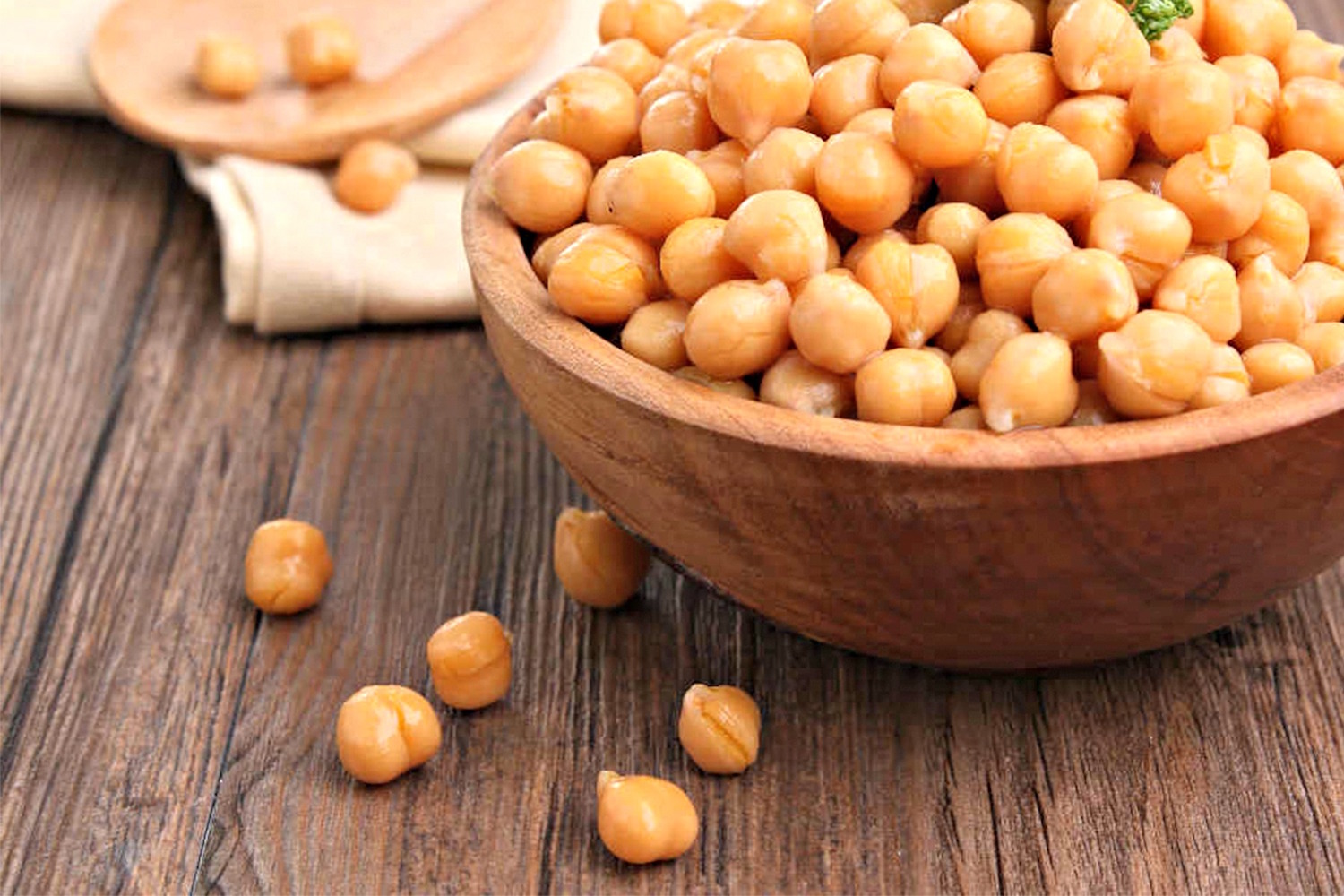
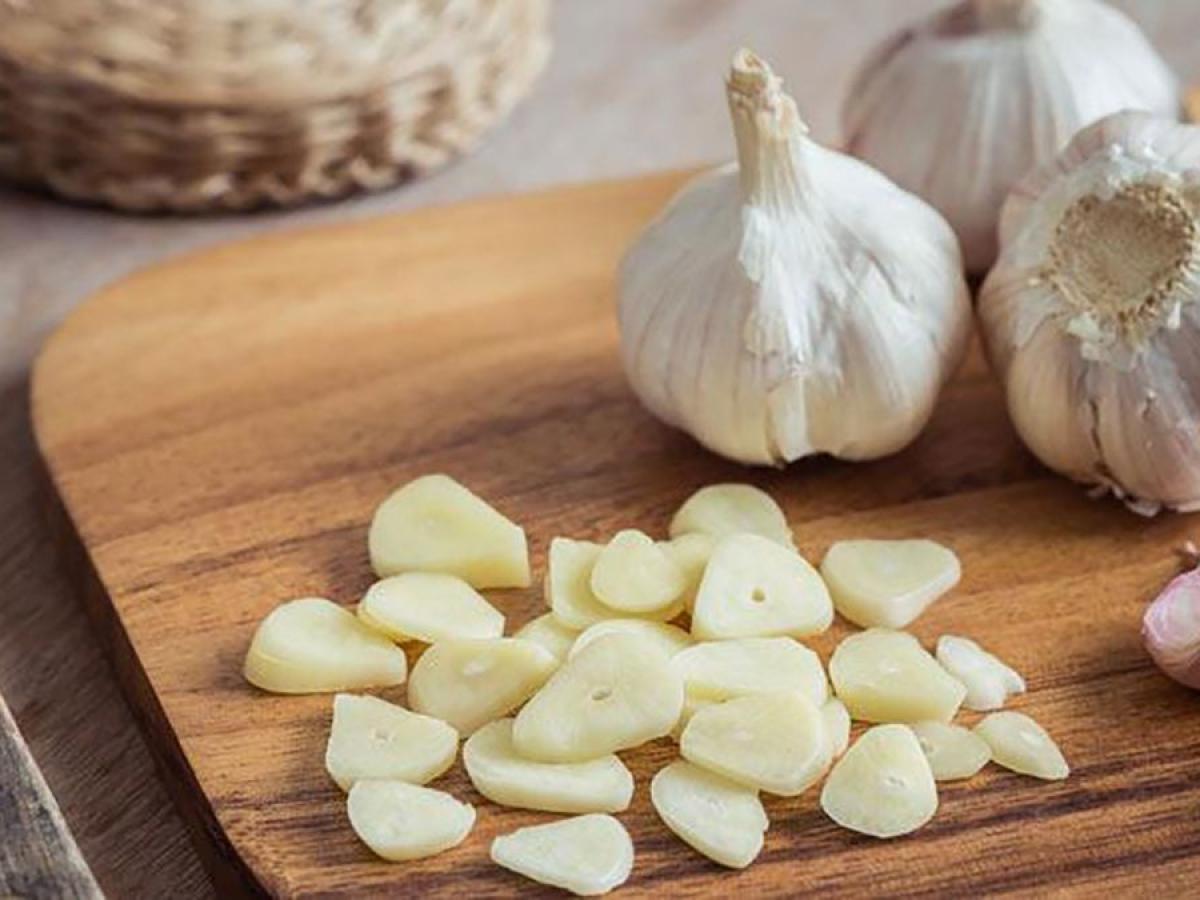
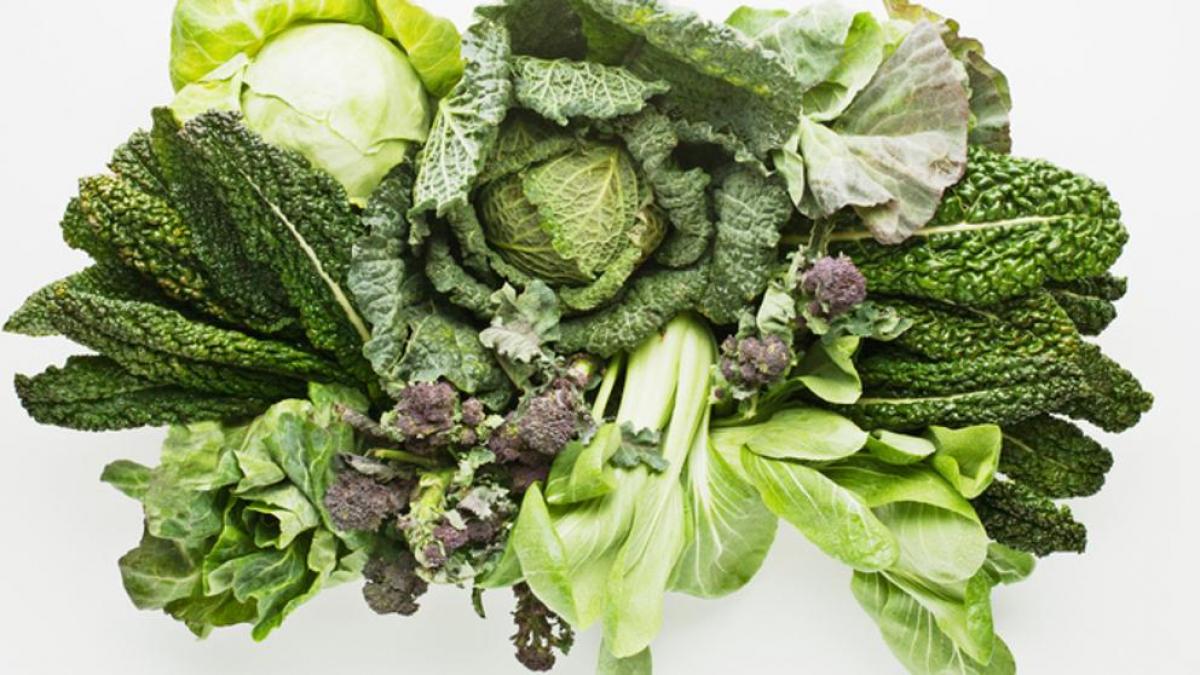
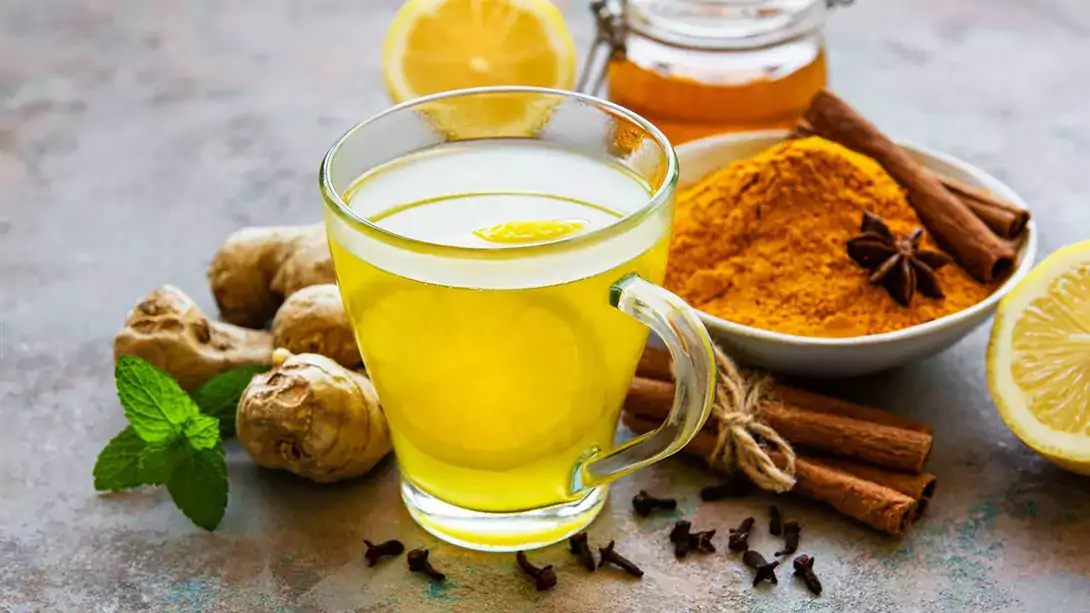
Comentarios